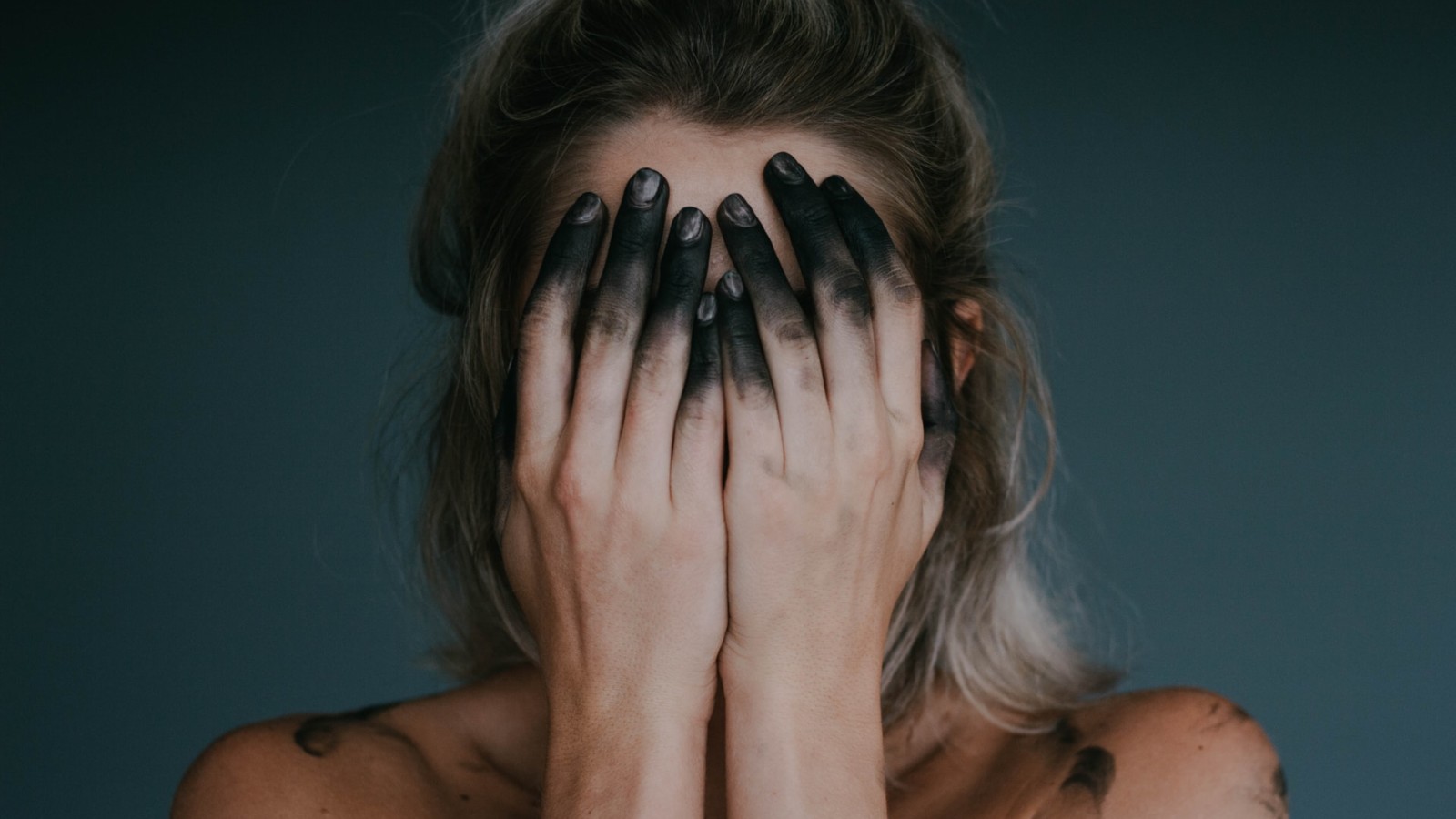If you’d asked me five years ago, I would’ve had nothing but words of affirmation to say about what is popularly known as “hustle culture.”
I had a job that I loved, a hobby that I enjoyed, a thriving social life, and I would not have changed one single thing.
Fast forward to three years later, and you would find me on my couch in the middle of a weekday, eating ice cream with a fork (no clean spoons), feeling like the world’s biggest failure.
Today, I am happy to report, I have recovered completely. I still work the same job, thrive on my hobbies, and have that same amazing circle of friends. But, I now know what burnout is, and I’m doing my very best to prevent it.
Here’s how.
A Discovery of Burnout
I wasn’t aware of burning out for the longest time. I just thought I was tired and not getting enough sleep. Then one day, I had a meltdown after a meeting, and a colleague asked me if I might be burning out a bit. It hit me like a ton of bricks. She was right. I was not burning out – I was way past burned out completely.
Here are some of my symptoms:
- Lethargy, melancholy, exhaustion, never feeling like I had any energy
- Taking ages to write articles I used to complete in under an hour
- Finding all of my friends and family had become annoying overnight
- Hating everything about my appearance
- Self-medicating with Cadbury every night
Of course, these are very personal and individual, and your symptoms might be completely different. I’d say watch out for that general feeling of dissatisfaction with everything you used to love about your life and work.
Lesson 1: You Can Love Your Job and Still Burn out
I used to think only people who weren’t 100% happy in their roles were prone to burnout.
I also used to think it would never happen to me, as I loved everything about my life so much.
That was completely wrong. Burnout is caused by trying to do way too much, taking on too many responsibilities, and never giving yourself time to rest and recover. Even if you love every single thing you do, if there’s too much on your plate, you are going to burn out at some point. It may take some time, but self-combustion is imminent.
Lesson 2: Recovery Takes a Long Time
If you allow your burnout to get as bad as mine did, you will need months to recover. A week off won’t even scratch the surface.
My own recovery entailed three weeks on the couch, being an absolute potato. All I did was sleep, eat very bad foods, and watch very bad TV. Of the three weeks, I spent two in absolute mental agony, thinking about the things I wasn’t doing. Only then did I start to unwind.
There are the physical consequences as well, some of which you will be nursing longer than others. You may need to lose some weight (I certainly did). You may need to rework your diet completely (so long, Cadbury). You may need to change a fair few habits.
I personally found the changes to my skin the hardest to handle. I spent a good six months combating dark circles and trying to rehydrate my skin. The blackheads were easiest to get rid of, in hindsight.
Lesson 3: Rest Does Not Make You Weak
Staying in when your colleagues are going out for drinks, taking a personal day off, staying in bed on a Sunday morning, choosing to slow down instead of speed up: none of this makes you weak.
On the contrary, it makes you smart and means you are more likely to succeed.
Rest is more important than work, believe me. When you’re rested, you can take on extra work, you can come up with better ideas, you can see the world more clearly, and you can give your absolute best to anything you want to do.
When you don’t get enough rest, you will only ever be dipping into part of your true potential.
Don’t be a wuss – get some rest.
To Sum It up
Today, I’m able to say I am grateful for my burnout. It has taught me how to organize my time better, how to motivate myself better, and how to truly thrive.
I wouldn’t recommend it, though. If you can find a way to adopt the same lessons without actually hitting burnout bottom, you’ll have a much better time of it.


